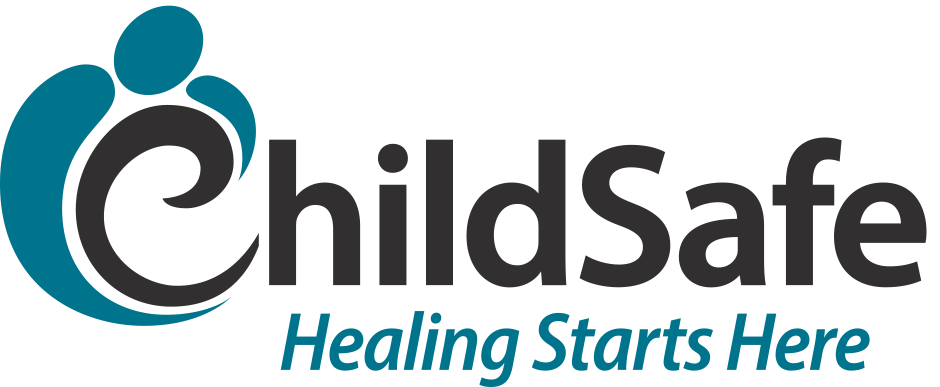get the help that you need
If you are here, you have taken a step in the right direction to getting help for yourself or someone you believe might be a victim of abuse. Please realize abuse occurs in different relationships and places, despite gender, age, race, religion, financial status, employment status, and education.
TO REPORT ABUSE
Child abuse can be physical, sexual, verbal, or emotional. If you think a child is being abused, it is your responsibility to report it as soon as possible. Time can be a crucial factor in reporting child abuse.
PROGRAMS AND GROUPS
Programs and treatments for victims of sexual abuse whether the situation involves a child or teen who has been sexually abused or is being sexually abused now or an adult who was abused as a child.
All groups and classes are being offered free of charge by ChildSafe therapists with specialized training in trauma recovery specific to sexual abuse survivors and their families.
WARNING SIGNS of possible sexual abuse
Resource: StopItNow.org
- Has nightmares or other sleep problems without an explanation
- Seems distracted or distant at odd times
- Has a sudden change in eating habits
- Refuses to eat
- Loses or drastically increases appetite
- Has trouble swallowing
- Sudden mood swings: rage, fear, insecurity or withdrawal
- Leaves “clues” that seem likely to provoke a discussion about sexual issues
- Writes, draws, plays or dreams of sexual or frightening images
- Develops new or unusual fear of certain people or places
- Refuses to talk about a secret shared with an adult or older child
- Talks about a new older friend
- Suddenly has money, toys or other gifts without reason
- Thinks of self or body as repulsive, dirty or bad
- Exhibits adult-like sexual behaviors, language and knowledge
- An older child behaving like a younger child (such as bed-wetting or thumb sucking)
- Has new words for private body parts
- Resists removing clothes when appropriate times (bath, bed, toileting, diapering)
- Asks other children to behave sexually or play sexual games
- Mimics adult-like sexual behaviors with toys or stuffed animal
- Wetting and soiling accidents unrelated to toilet training
- Self-injury (cutting, burning)
- Inadequate personal hygiene
- Drug and alcohol abuse
- Sexual promiscuity
- Running away from home
- Depression, anxiety
- Suicide attempts
- Fear of intimacy or closeness
- Compulsive eating or dieting
Physical signs of sexual abuse are rare. If you see these signs, bring your child to a doctor. Your doctor can help you understand what may be happening and test for sexually transmitted diseases.
REDUCE THE CHANCES
SPEAK TO CHILDSAFE
Val can offer support and information that you can use in deciding if a child or adult may need professional help. She can talk to you about our services and what is likely to happen if you do report abuse or neglect. If ChildSafe isn’t the appropriate place for you to get help, we can offer referrals.
ChildSafe therapists are Mandated Reporters, so if you give us information that a child is even suspected of being abused, we’re required by law to make an immediate report to the Department of Human Services. Don’t worry, they’ll keep your identity confidential.
We’re here to help you through this process by providing support, education, and therapy for you, your child, and your family.
